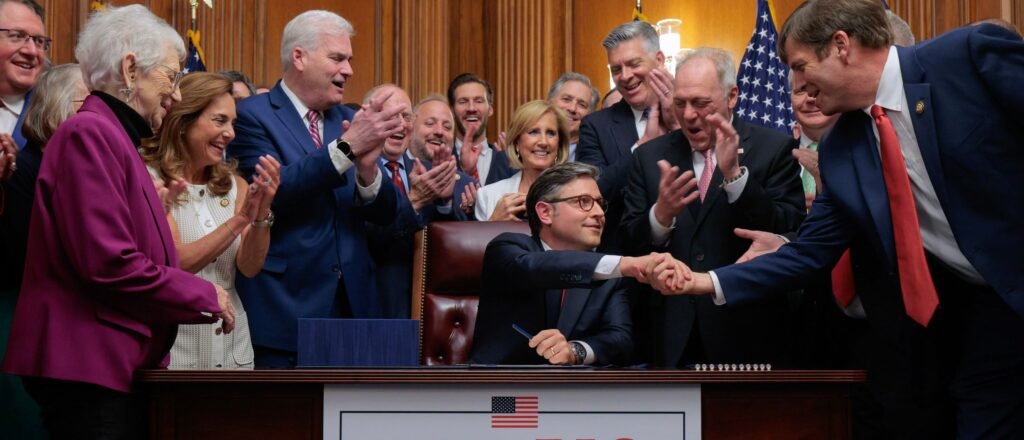Remember the uproar when Obamacare faced its potential repeal? It’s hard to forget the image of John McCain, who was gravely ill, making a last-minute appearance in the Senate to cast his decisive “no” vote against the slimmed-down repeal of the healthcare law.
Fast forward nearly a decade, and perhaps one of the most lasting legacies of Obamacare is the expansion of Medicaid that it initiated. This expansion, as you may know, allowed states to increase their Medicaid rolls by tapping into federal funds, covering 100% of the newly eligible individuals.
So, who are the beneficiaries of this Medicaid expansion? Mainly, they are individuals who previously didn’t qualify due to income limits or health status—essentially those who were working and healthy.
It’s somewhat ironic that while Obamacare’s expansion provided generous federal funding to relatively affluent and healthier individuals, those in more dire needs received significantly less support, with nearly 60% less in federal grants.
Most Democratic governors, and a few Republicans, have benefitted from this situation, receiving fully subsidized medical care funded by the federal government. It seems almost too good to be true, right?
In the coming years, that federal share will decrease to 90%, but still, it appears to be a decent deal for states—unless taxpayers have to bear the brunt of the cost… and then there’s the question of whether we’re paying federal taxes, too.
Supporters of the Medicaid expansion often reassure critics by insisting there’s no cause for alarm, claiming that Congress has the ability to produce as much money as needed.
Yet, conservatives are raising concerns amidst a surge in national debt, with interest payments nearing $1 trillion each year. Just how much are taxpayers actually footing the bill? It turns out to be quite significant, with the program costing around $800 billion today.
In light of these concerns, some conservative groups have suggested that reforms should be included in what some describe as a “less-than-attractive” bill. These reforms wouldn’t have to cut Medicaid; instead, they would adjust how new patients are integrated into existing Medicaid frameworks, with the federal government covering just under 60% on average.
Some advocates for Obamacare argue that states may struggle to sustain their Medicaid populations if forced to allocate funds equitably. However, isn’t that the crux of the problem—shifting costs from the federal government, which can borrow indefinitely, to state governments, which face stricter borrowing limits?
Shouldn’t we be straightforward with each other? If there is a societal desire to provide free healthcare, shouldn’t we be prepared for tax increases that genuinely support this welfare state?
I think it’s more beneficial for taxpayers to prioritize creating incentives for work and private insurance, rather than enduring crippling tax hikes.
The reality is, massive promises became a double-edged sword. With the pressure to maintain support, many Republicans retreated, lamenting, and ultimately refusing to advance any significant reform proposals regarding this costly relic of Obamacare.
As a result, Republicans have not achieved what they repeatedly campaigned for in recent cycles—namely, dismantling Obamacare. Reducing federal backing for Medicaid expansion could have saved approximately $710 billion over the next decade. Yet, instead, everything new is stacked on that growing bill.
It seems the scales tipped in favor of the status quo. Conservatives lost this round, and Republicans, hesitant and anxious, ultimately kept the Medicaid expansion intact.
—Kentucky Senator Dr. Rand Paul







